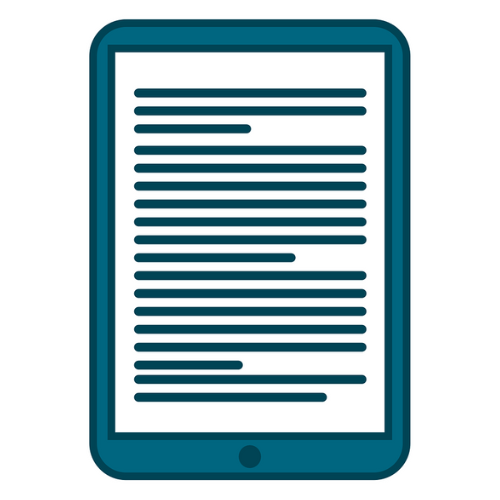The Sound of Chinese Characters: Exploring Pronunciation Differences Between Korean Hanja and Japanese Kanji
Discover how the same Chinese characters transformed differently in Korea and Japan. This article explores the historical adoption, phonetic evolution, and modern usage of Hanja and Kanji, revealing how each language created unique systems for pronunciation and meaning. 1. Introduction: The Role of Chinese Characters in Korean and Japanese Chinese characters—known as Hanja in … Read more




